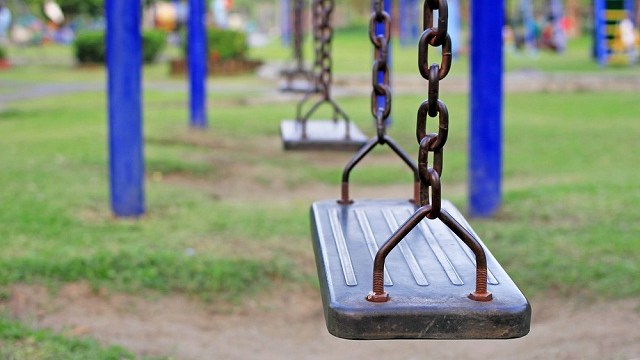Liberal Education as Problem Identification: The Case of Elections

One argument against liberal education is that it’s irrelevant. That objection is typically raised by people engaged in careers in business and allied techno-fields. Ask a typical business leader—especially one puffed up by entrepreneurial pride—what you want students to learn in college, and the answer often is: Identifying problems.
But it turns out that liberal education is great for identifying problems. Take political philosophy, for example. It ‘s almost nothing but identifying problems, problems that admit of no easy or complete solutions. There are, for example, the problems of democracy, which are basically downsides that go with the democratic territory that can only be mitigated. And how to mitigate them is actually rather counterintuitive to those who don’t know a lot about and really reflected on the various democracies that have existed. The medicine for what ails democracy, for example, is hardly ever more democracy.
One feature of democracy that we’re thinking a lot about these days is elections. The giants of political philosophy don’t agree on how to think about elections, but they tend to agree that they are both beneficial and dangerous to democracy. But with all their problems, we democrats these days could hardly do without elections.
Harvey Mansfield, quite the relevant political philosopher, gives us a quick primer on how a freshman reading list in political philosophy can get anyone up to speed on the various identifiable features of the problem of elections. You’ll have to read his whole (brief) article to really learn something. But for those whose learning style is PowerPoint or TED lecture or blog post, I will reduce each of the six philosophers to a single proposition (also known as bullet point).
If you think about it , these six insights—which, of course, contradict each other in important ways—are indispensable for thinking about the election that’s about to come upon us. If you think even more, you notice that all the “wisdom” dispensed by our experts and analysts turns out to be dumbed down and otherwise distorted versions of one of these insights.
So, as Mansfield points out, a freshman reading list properly understood can make anyone with eyes to see a master identifier of problems.





